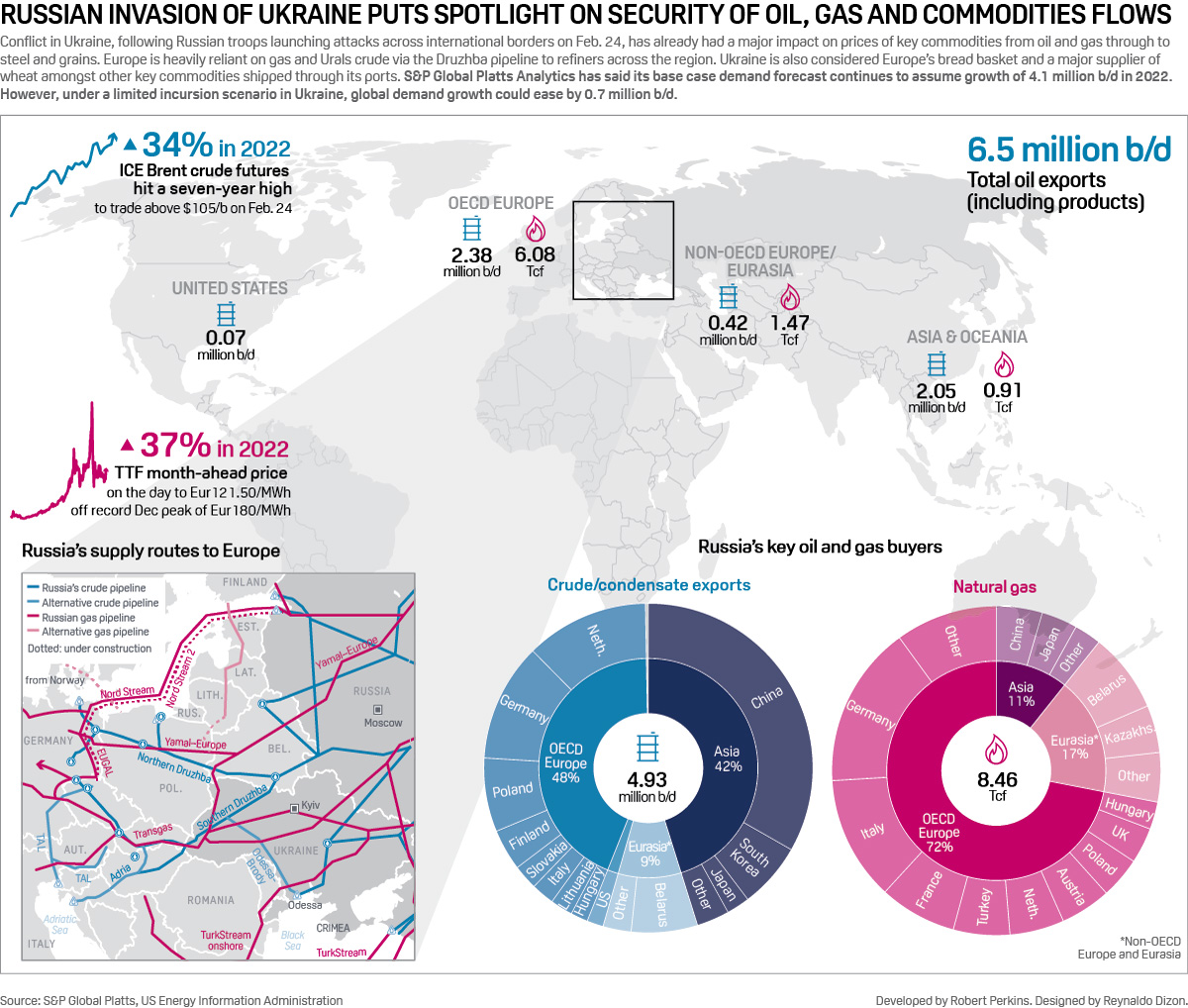AN UNPERTURBED REUNIFICATION
June 25, 2022 | Expert Insights

With a clear agenda to absorb Taiwan into the “motherland” and the constant augmentation of its military power, China will draw lessons from the botched Russian invasion of Ukraine and a profound Western response, but deterrence is not one of them. China’s clarion call to enact its “One China Policy”, unleashing its military might if required, should sound the alarm for other nations which have territorial disputes with China.
Background
America has a law that requires it to help Taiwan defend itself, but at the same time acknowledges Beijing’s position that there is only one Chinese government. With NATO’s failure, particularly America's, to deter Russian aggression or to directly intervene and support Ukraine, the US’ credibility was shot and raised concerns about their seriousness in backing Taiwan in the event of a Chinese annexation. However, the Biden administration has announced military support and intervention in the wake of any Chinese incursion on Taiwanese borders and China’s vow of use of force to quash any declaration of independence from Taipei, has led to the high point of tension in Sino-American relations.
There were speculations of China possibly capitalising on the chaos on the Ukrainian front and taking the island or China would hesitate to invade Taiwan after observing Moscow’s botched attempt to capture Ukrainian territory. However, no encumbered attempt of seizing territory by Russia will deter China from its larger goal of reacquiring Taiwan.

How China operates
Michael Pillsbury’s book the “100 Year Marathon” which marshals evidence of a grand strategy for China to replace America as a global superpower by the 100th anniversary of the People’s Republic of China being founded, but more importantly suggests that Chinese actions are executed according to ong drawn goals and instructions set by the CCP. China’s politico-economic policies are not at the mercy of electoral cycles or the whims and paranoia of its leader. China has used sophisticated and multifaceted strategies to acquire influence and cement its global presence- the geoeconomic strategy of the Belt and Road Initiative for instance. Any planned invasion of Taiwan would be no different- catastrophic global events such as the ongoing Russo-Ukrainian conflict would not accelerate or scrap China’s plans, but act as a blueprint for what to not do.
Lessons from the War
China will most likely adapt its operation plans of a Taiwanese “reunification” based on the failures of Russia’s ongoing (seemingly unending) invasion. Closely observing the barrage of sanctions and weaponization of trade to economically hamstring and isolate Russia, China will take measures to insulate its economy against any Western responses to an annexation of Taiwan. With the Cross-Border Interbank Payment System- its own payment system, the increasing use of the renminbi for international trade and payment purposes by countries such as Russia and increasing its oil imports from Russia, it is better equipped to face sanctions. China will also make sure to not underestimate Taiwanese and Western reactions to an invasion, unlike its Russian counterpart which thought Kiev would crumble at the first blow, and ensure that its approach is amphibious- using its air and naval power to its advantage.
China’s military capabilities
China’s military might and prowess is formidable to say the least. The country has been relentlessly expanding and augmenting its defence arsenal. Some of its latest developments include hypersonic missiles and the Fujian (third and most advanced aircraft carrier). With a powerful ground force of 2 million strong standing army, China has also focused on its naval expansion - a network of port facilities and dry docks have been constructed across the Indian Ocean with a growing naval fleet and increase in marine corps. In the event of an invasion, another lesson China would draw from Russia’s attacks is to ensure that it dominates the skies and secures its aerial advantage. China is well positioned to launch amphibious attacks on its neighbours.
Assessment
- An invasion of Taiwan, as confirmed by Beijing, is inevitable, even if the timeline is uncertain. With the significant policy failures such as zero-covid looming over his hold on the CCP, Jiping will ensure to “deliver” Taiwan before 2049, a failure to do so would be a humiliation no Chinese leader could suffer. In spite of the Biden administration’s vow of military support, after a recent war game, the Pentagon confirmed that America may not be able to counter a Chinese attack over the straits and with Taiwan's significantly smaller army, it could succumb to China’s reunification efforts.
- Nations with territorial disputes need to be cautious with China’s penchant for geographical expansion and ever-growing military capabilities, especially after Beijing has made its willingness to use force to achieve its ends.
- India needs to be especially prudent when it comes to the contested regions along the Himalayas. With a burgeoning Russian-Chinese partnership after the Ukraine conflict, increased oil imports from Russia growing to over 50% and its relative neutrality in Russia’s “special military operation”, it has adopted a policy of assuagement and capitalised on their shared value Anti-american sentiment. India’s dependency on Russian support in the event of a Chinese land assault needs to be re-evaluated.








Comments